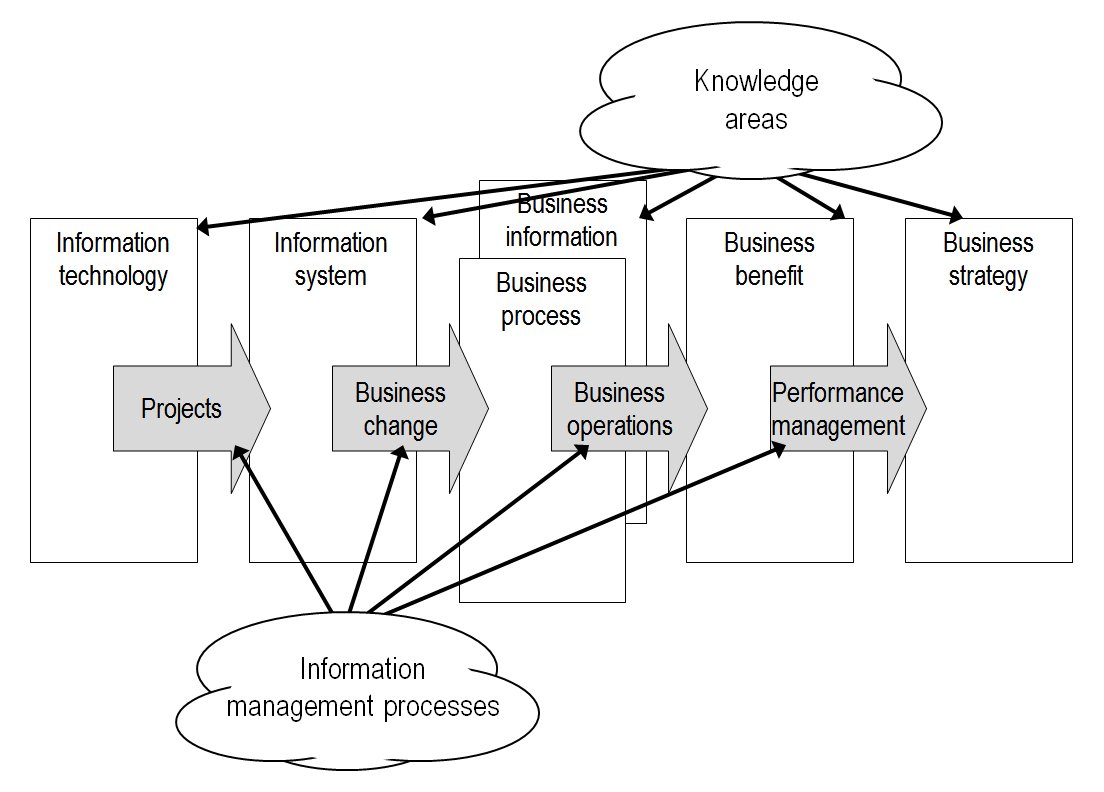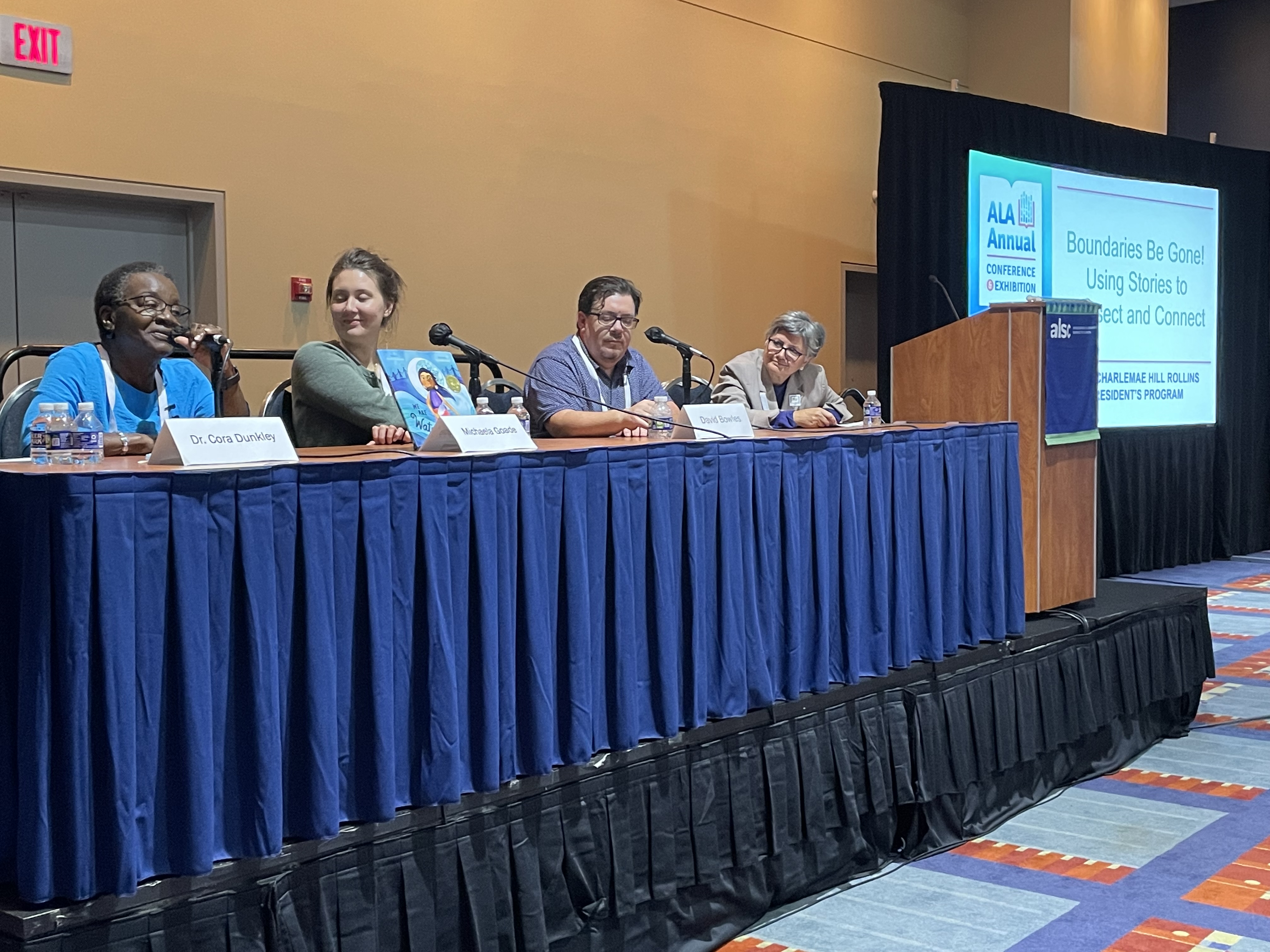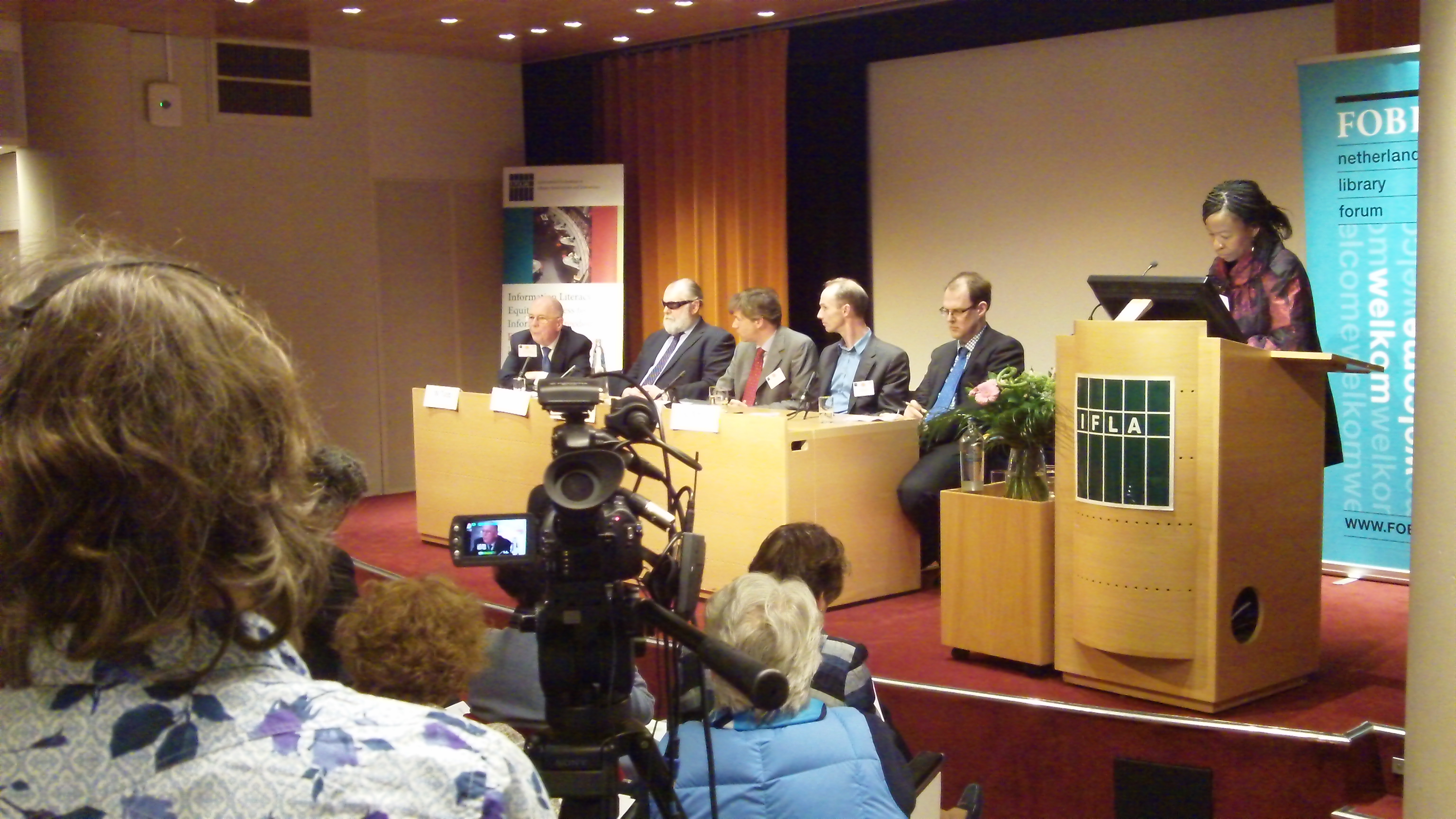|
Information Professional
An information professional or information specialist is someone who collects, records, organises, stores, preserves, retrieves, and disseminates printed or digital information. The service delivered to the client is known as an information service. The versatile term "information professional" is used to describe similar and sometimes overlapping professions, such as librarians, archivists, information managers, information systems specialists , information scientists, records managers, and information consultants, but terminology differs among sources and organisations. Information professionals work in a variety of private, public, and academic institutions, or independently. Skills Since the term information professional is broad, the skills required for this profession are also varied. A Gartner report in 2011 pointed out that "Professional roles focused on information management will be different to that of established IT roles. An 'information professional' will not be ... [...More Info...] [...Related Items...] OR: [Wikipedia] [Google] [Baidu] |
Librarian
A librarian is a person who professionally works managing information. Librarians' common activities include providing access to information, conducting research, creating and managing information systems, creating, leading, and evaluating educational programs, and providing instruction on information literacy to users. The role of the librarian has changed over time, with the past century in particular bringing many new media and technologies into play. From the earliest libraries in the ancient world to the modern information hub, there have been keepers and disseminators of the information held in data stores. Roles and responsibilities vary widely depending on the type of library, the specialty of the librarian, and the functions needed to maintain collections and make them available to its users. Education for librarianship has changed over time to reflect changing roles. History The ancient world The Sumerians were the first to train clerks to keep records of accounts. '' ... [...More Info...] [...Related Items...] OR: [Wikipedia] [Google] [Baidu] |
Soft Skills
Soft skills, also known as power skills, common skills, essential skills, or core skills, are psychosocial skills generally applicable to all professions. These include critical thinking, problem solving, public speaking, professional writing, teamwork, digital literacy, leadership, Attitude (psychology), professional attitude, work ethic, career management and Cultural studies, intercultural fluency. Soft skills are in contrast to ''hard skills'', also called ''technical skills'', which are specific to individual professions or occupations. The word "skill" highlights the practical function. The term alone has a broad meaning, and describes a particular ability to complete tasks ranging from easier ones like learning how to kick a ball to harder ones like learning to be creative. In this specific instance, the word "skill" has to be interpreted as the ability to master hardly controlled actions. History The term "soft skills" was coined by the United States Army, U.S. Army in ... [...More Info...] [...Related Items...] OR: [Wikipedia] [Google] [Baidu] |
University Of The Witwatersrand
The University of the Witwatersrand, Johannesburg (), commonly known as Wits University or Wits, is a multi-campus Public university, public research university situated in the northern areas of central Johannesburg, South Africa. The university has its roots in the mining industry, as do Johannesburg and the Witwatersrand in general. Founded in 1896 as the South African School of Mines in Kimberley, South Africa, Kimberley, it is the third oldest South African university in continuous operation. The university has an enrollment of 37,295 students as of 2025, of which approximately 20 percent live on campus in the university's 17 residences. 63 percent of the university's total enrollment is for Undergraduate education, undergraduate study, with 35 percent being Postgraduate education, postgraduate and the remaining 2 percent being Occasional Students. The university has, as of 2024, an acceptance rate of approximately 4.5%, having received 140,000 applications but only having a ... [...More Info...] [...Related Items...] OR: [Wikipedia] [Google] [Baidu] |
E-learning
Educational technology (commonly abbreviated as edutech, or edtech) is the combined use of computer hardware, software, and educational theory and practice to facilitate learning and teaching. When referred to with its abbreviation, "EdTech", it often refers to the industry of companies that create educational technology. In ''EdTech Inc.: Selling, Automating and Globalizing Higher Education in the Digital Age'', Tanner Mirrlees and Shahid Alvi (2019) argue "EdTech is no exception to industry ownership and market rules" and "define the EdTech industries as all the privately owned companies currently involved in the financing, production and distribution of commercial hardware, software, cultural goods, services and platforms for the educational market with the goal of turning a profit. Many of these companies are US-based and rapidly expanding into educational markets across North America, and increasingly growing all over the world." In addition to the practical educational ... [...More Info...] [...Related Items...] OR: [Wikipedia] [Google] [Baidu] |
ISchool
An information school (sometimes abbreviated I-school or iSchool) is a university-level institution committed to understanding the role of information in nature and human endeavors. Synonyms include school of information, department of information studies, or information department. Information schools faculty conduct research into the fundamental aspects of information and related technologies. In addition to granting academic degrees, information schools educate information professionals, researchers, and scholars for an increasingly information-driven world. Information school can also refer, in a more restricted sense, to the members of the iSchools organization (formerly the "iSchools Project"), as governed by the iCaucus. [...More Info...] [...Related Items...] OR: [Wikipedia] [Google] [Baidu] |
Information Management Body Of Knowledge
The Information Management Body of Knowledge (IMBOK) is a management framework that organizes the concept of information management in the full context of business and organizational strategy, management and operations. It is specifically intended to provide researchers and practicing managers with a tool that makes clear the conjunction of the worlds of information technology and the world at large. Framework The IMBOK comprises six 'knowledge' areas and four 'process' areas. The knowledge areas identify domains of management expertise and capability that are each distinctly different to the others, as shown in the figure. The process areas identify critical activities that move the value from the left to the right. For example: * ''Projects'' transform ''Information technology'' into ''information systems'' by engineering technology components into systems that deliver the required functionality * ''Business change'' management deploys ''information systems'' in ''business p ... [...More Info...] [...Related Items...] OR: [Wikipedia] [Google] [Baidu] |
Australian Library And Information Association
The Australian Library and Information Association (ALIA), formerly the Australian Institute of Librarians and Library Association of Australia, is the peak professional organisation for the Australian library and information services sector. Founded in 1937, its headquarters are in Canberra. ALIA publishes a quarterly scholarly journal, ''Journal of the Australian Library and Information Association'', and a bimonthly news magazine for members, ''INCITE''. The Association hosts a number of conferences which take place in different places around Australia. History On 20 August 1937, a meeting of 55 librarians at the Albert Hall in Canberra formed the Australian Institute of Librarians in response to the Munn-Pitt survey. The foundation president was William Herbert Ifould, the Principal Librarian at the Public Library of New South Wales. John Metcalfe, Deputy Principal Librarian at the Public Library of New South Wales was the first honorary general secretary and drafted m ... [...More Info...] [...Related Items...] OR: [Wikipedia] [Google] [Baidu] |
Chartered Institute Of Library And Information Professionals
The Chartered Institute of Library and Information Professionals (CILIP, pronounced ) is a professional body for librarians, information specialists and knowledge management, knowledge managers in the United Kingdom. It was established in 2002 as a merger of the Library Association (LA, sometimes LAUK) and the Institute of Information Scientists (IIS). CILIP in Scotland (CILIPS) is an independent organisation which operates in Scotland in affiliation with CILIP and delivers services via a service level agreement. CILIP's 2020 goal is to "put information and library skills and professional values at the heart of a democratic, equal and prosperous society". History CILIP was formed in 2002 by the merger of the Library Association (abbreviated as LA or sometimes LAUK) – founded in 1877 as a result of the first International Conference of Librarians and awarded a Royal Charter in 1898 – and the Institute of Information Scientists (IIS), founded on 23 January 1958. The firs ... [...More Info...] [...Related Items...] OR: [Wikipedia] [Google] [Baidu] |
American Library Association
The American Library Association (ALA) is a nonprofit organization based in the United States that promotes libraries and library education internationally. It is the oldest and largest library association in the world. History 19th century During the Centennial Exposition in Philadelphia in 1876, 103 librarians, 90 men, and 13 women, responded to a call for a "Convention of Librarians" to be held October 4–6, 1876, at the Historical Society of Pennsylvania. At the end of the meeting, according to Edward G. Holley in his essay "ALA at 100", "the register was passed around for all to sign who wished to become charter members", making October 6, 1876, the date of the ALA's founding. Among the 103 librarians in attendance were Justin Winsor (Boston Public Library and Harvard University), William Frederick Poole ( Chicago Public Library and Newberry College), Charles Ammi Cutter ( Boston Athenæum), Melvil Dewey, Charles Evans ( Indianapolis Public Library) and Richa ... [...More Info...] [...Related Items...] OR: [Wikipedia] [Google] [Baidu] |
International Federation Of Library Associations And Institutions
The International Federation of Library Associations and Institutions (IFLA) is an international body representing the interests of people who rely on Library, libraries and information professionals. A non-governmental, not-for-profit organization, IFLA was founded in Scotland in 1927 with headquarters at the National Library of the Netherlands in The Hague. IFLA sponsors the annual IFLA World Library and Information Congress, promoting Freedom of information, access to information, ideas, and works of imagination for social, educational, cultural, democratic, and economic empowerment. IFLA also produces several publications, including ''IFLA Journal''. IFLA partners with UNESCO, resulting in several jointly produced manifestos. IFLA is also a founding member of Blue Shield International, Blue Shield, which works to protect the world's cultural heritage when threatened by wars and natural disaster. History IFLA was founded in Edinburgh, Scotland, on 30 September 1927, when lib ... [...More Info...] [...Related Items...] OR: [Wikipedia] [Google] [Baidu] |
Library And Information Science
Library and information science (LIS)Library and Information Sciences is the name used in the Dewey Decimal Classification for class 20 from the 18th edition (1971) to the 22nd edition (2003). are two interconnected disciplines that deal with information management. This includes organization, access, collection, and regulation of information, both in physical and digital forms.Coleman, A. (2002)Interdisciplinarity: The Road Ahead for Education in Digital Libraries D-Lib Magazine, 8:8/9 (July/August). Library science and information science are two original disciplines; however, they are within the same field of study. Library science is applied information science. Library science is both an application and a subfield of information science. Due to the strong connection, sometimes the two terms are used synonymously. Definition Library science (previously termed library studies and library economy) is an interdisciplinary or multidisciplinary field that applies the practices, p ... [...More Info...] [...Related Items...] OR: [Wikipedia] [Google] [Baidu] |
Project Management
Project management is the process of supervising the work of a Project team, team to achieve all project goals within the given constraints. This information is usually described in project initiation documentation, project documentation, created at the beginning of the development process. The primary constraints are Scope (project management), scope, time and budget. The secondary challenge is to operations research, optimize the Resource allocation, allocation of necessary inputs and apply them to meet predefined objectives. The objective of project management is to produce a complete project which complies with the client's objectives. In many cases, the objective of project management is also to shape or reform the client's brief to feasibly address the client's objectives. Once the client's objectives are established, they should influence all decisions made by other people involved in the project– for example, project managers, designers, contractors and subcontractors ... [...More Info...] [...Related Items...] OR: [Wikipedia] [Google] [Baidu] |








